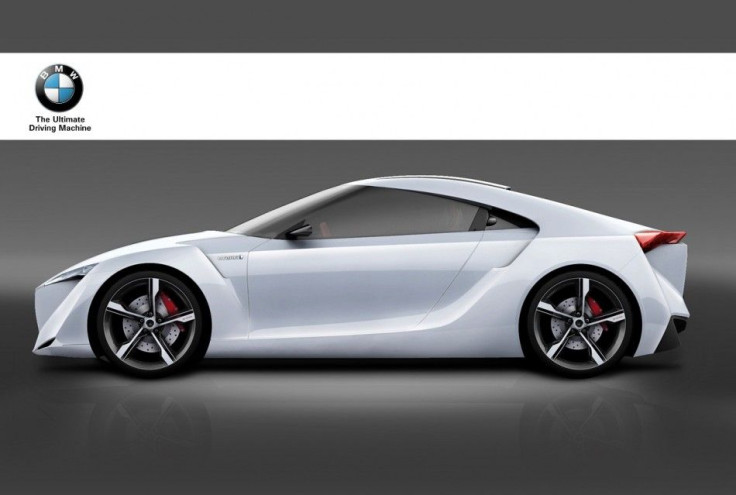
Back in June 2012, BMW and Toyota announced an unprecedented partnership between the two automakers to develop a new high end sports car.
During the Munich press conference at the time, BMW CEO Norbert Reithofer and Toyota CEO Akio Toyoda shared their ambitious plans for the future.
"We aim to further strengthen our competitive position in sustainable future technologies," said R. Reithofer. "We signed an MoU to this effect today. Toyota and the BMW Group share the same strategic vision of sustainable individual future mobility. Together we have a great opportunity to continue leading our industry through this transformation.
"BMW and Toyota both want to make ever-better cars. We respect each other. That is why we already can take the next step together. Toyota is strong in environment-friendly hybrids and fuel cells ... I believe BMW's strength is developing sports cars. I get so excited thinking about the cars that will result from this relationship."
The alliance drew speculation towards a possible dynamic sports car featuring an advanced hybrid drivetrain. Now, the automakers have finally revealed a project to "define a joint platform concept for a mid-size sports vehicle." Sources claim that the new sports car will break cover by the end of 2013.
As our title image of the Toyota FT-HS suggests, the new hybrid sports car will likely mark the revival of the legendary Supra moniker. However, what does this sports car mean for BMW? Industry observers believe that the BMW Z4 will be due for a replacement by the time the new BMW/Toyota sports car is ready, suggesting that the new platform will likely serve as BMW's next Z-roadster.
Beyond the sports car, BMW and Toyota is also engaged in a more long-term project in fuel-cell development as well. The two companies will invest in fuel-cell stack, hybrid, hydrogen, electric motor, and battery technologies.
Specifically, BMW and Toyota are focusing on two goals. First, battery research will drive development of a lithium-air battery, capable of significantly greater energy density than anything ever seen in existing lithium-ion packs. Next, the two companies will access the feasibility in creating a hydrogen infrastructure that will establish industry standards.
Be sure to stay tuned as we learn more about BMW and Toyota's extended alliance.




